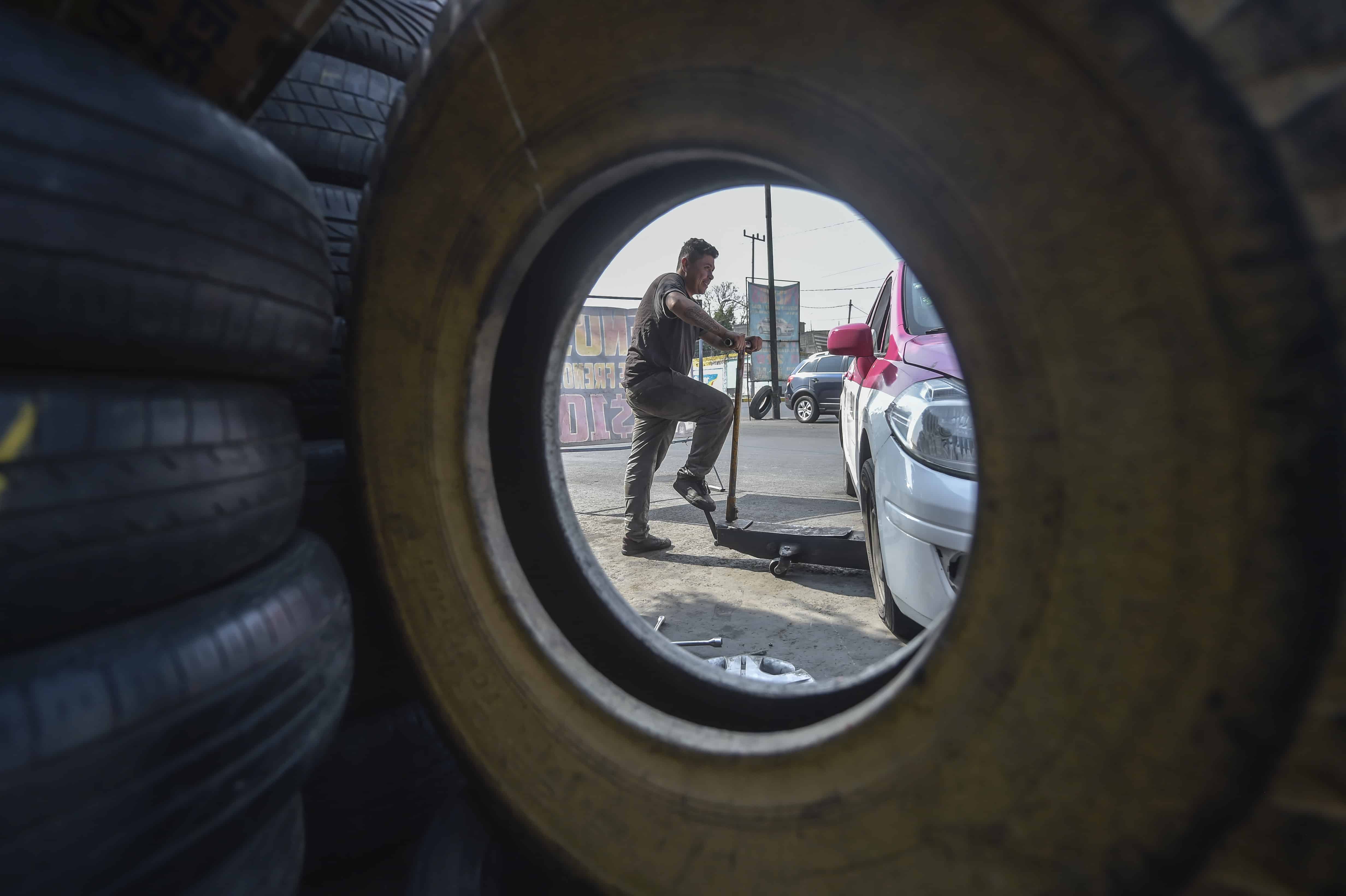Small and medium enterprises in the Gulf Cooperation Council are facing severe financial challenges due to rising inflation.
“Less demand for services as a result of a strong dollar (and a strong local currency relative to emerging market currencies) will likely dampen their outlook in the short term. This might slightly increase the risk of layoffs in the GCC,” Ralf Wiegert, Head of IHS Markit’s the Middle East and Northern Africa Division told TRENDS. “The vast majority of SMEs in the GCC is active in the services sector.”
Increased inflation rates mean a rise in the supply chain, labor costs, and basic living costs, which result in more challenges for SMEs.
Business Expert Kate Hardcastle has advised large businesses to support small businesses.
Investors’ future destination
As a result of the proliferation of AI, IoT, and “Metaverse” technologies in our day-to-day lives, financial technology, real estate, education, and other applications are becoming investors’ primary focus.
Investment in Real Estate Technology Ventures, real estate traded funds, are expected to see a surge in the next few years as a result of these technologies, which include semi-transportation systems, climate change applications, and data centers. As an outcome, data centers are one of the most attractive acquisitions for investors today.
Sustainable solutions
In the Arab world, dealing with inflation is more complicated than dealing with financial policies due to factors such as lack of sources of income and dependence on imports.
Diversifying, and strengthening local production structures is the most appropriate way to reduce inflation. This can be achieved through entrepreneurs and their start-up companies finding more sustainable development solutions.








